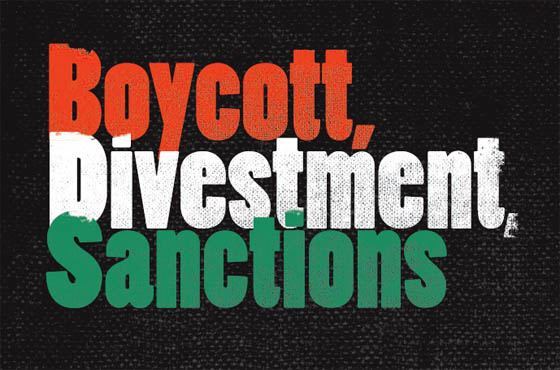Views expressed in opinion columns are the author’s own.
Recently, Students for Justice in Palestine, in support of the BDS movement, announced they would begin a campaign to get the University of Maryland to divest from the state of Israel.
The Boycott, Divestment, Sanctions movement has three essential goals: ending the Israeli occupation of Palestinian territories, having Israel recognize the fundamental human rights of Arab-Palestinian citizens of Israel and promoting the return of Palestinian refugees to their land. The BDS movement is modeled after the anti-apartheid movement in South Africa that succeeded.
However, to understand if BDS will have the same effect, it is important to understand why boycotting was successful in South Africa. South Africa had been a British colony before independence, meaning that many of the men in power were British and colonized the region for economic opportunity.
When economic opportunity was seriously threatened in the late 1980s, the white government was forced to reconsider their choices and the apartheid regime or risk losing more money and investments. In 1990, the South African government succumbed to the boycott and announced they would begin to desegregate the country because they could no longer economically justify oppression.
The situation in Israel is radically different. Not only did Jews begin returning to the land in the late 19th century under the Ottoman Empire, but they were also doing it in an effort to flee from oppressive countries and re-establish a Jewish state. When the British colonized the state during World War I, many Jews became freedom fighters attacking the British and forcing them to leave the land.
In fact, like the ending of apartheid in South Africa, the British left because Jewish terrorism hurt them economically and made the occupation unmanageable. The Jewish state was established and Zionism, an ideology and creed, became the rallying cry for Jews around the world.
This is relevant because regardless of one’s opinion, Jews in Israel do not feel like an occupying power. They feel like an indigenous people in their homeland who are willing to defend it as shown by their willingness to become freedom fighters.
Unlike British citizens, there is no other country for Jews, and while Jews have been widely accepted in the Western world, one only needs to look at the recent violence against Jews in Europe and rising antisemitism in America (especially on college campuses) to realize Jewish nervousness regarding the diaspora.
The BDS movement treats Israel as a colonialist state and pursues policies that had been effective in the past. Unfortunately for BDS supporters, these policies have not only been ineffective in harming Israel, but might also be stunting the Palestinian economy. What this policy has done is not push Israel to become more liberal and open to positive relations with Palestinians. Rather, it has emboldened the far-right wing of Israel as Jews feel more besieged and unsafe.
Real progress can only come by viewing the conflict through a paradigm of two conflicting ideologies and identities, not as an oppressor versus oppressed. That is not to say that Palestinians are not unjustly oppressed. Something must be done to change the situation and end the occupation, but the BDS movement will only make peace harder, push people farther apart and make ending the occupation more difficult — the exact opposite of the movement’s goal.
Moshe Klein is a sophomore economics and government and politics major. He can be reached at mosheylklein@gmail.com.



